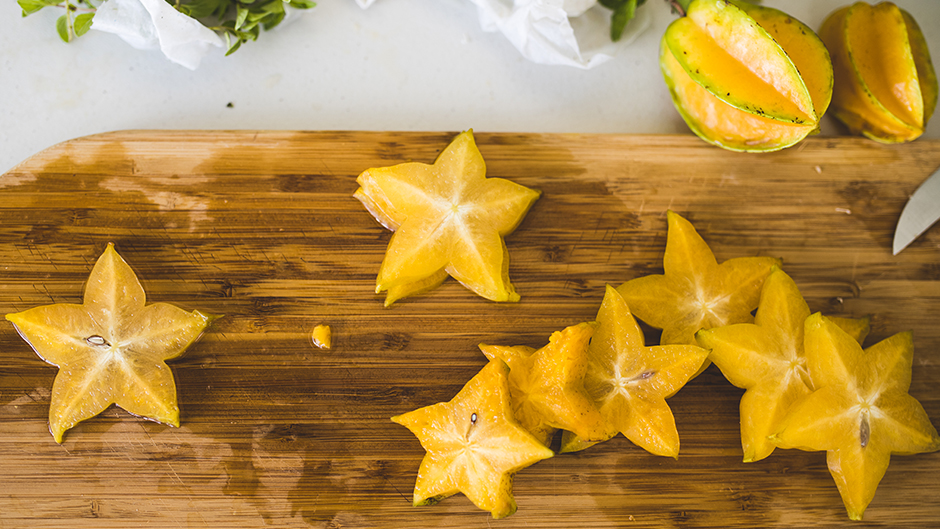The COVID-19 pandemic has shed new light on issues that have been affecting our society for decades. Racism, inequity, and poverty have been at the forefront of our social discourse, and each of these issues impact food security. For some, fresh food and access to a healthy diet is an expectation and an afterthought. For many, it means making the difficult decision between buying food or paying bills. Recently, issues related to food security and access have been compounded by the surge in unemployment caused by the COVID-19 crisis, leaving many without access to fresh, healthy meals. While gardening is often overlooked as a solution to food insecurities, experts from the University of Miami’s Office of Sustainability shed light on food-sourcing alternatives and the many ways the community can get involved.
Plant a garden for community and planetary health.
Not only does gardening and soil building sequester carbon emissions and encourage native plant species to grow, but they also create a safe and meditative space and provide the sense of accomplishment from growing your own food. Nestled inside the Gifford Arboretum on the Coral Gables Campus, the University’s Sustainability Garden is a place for students to learn about gardening and food in a different way. It focuses on teaching sustainable and organic growing methods that benefit our local ecologies and avoid negative environmental impacts. With six different test beds, University faculty members and students have the opportunity to bring their classroom into the garden.
Interested faculty members can visit miami.edu/gardens to explore how to incorporate the Sustainability Garden into a course syllabus.
Food Day encourages us to grow, nourish, and sustain.
The University of Miami has been addressing food sourcing challenges long before the spring of 2020, in part through its participation in Food Day. This year’s celebration marks the 75th anniversary of the United Nations’ Food and Agriculture Organization. Since its inception, Food Day has focused on drawing attention to the issues of hunger and food insecurity, and promoting organizations with a mission that help to ensure healthy diets and access to fresh food for communities in need.
This year’s virtual Food Day features events designed to educate the University community and start a conversation about the importance of transforming our food systems to help end hunger.
- Spilling the Tea on Food Sustainability
Tuesday, Oct. 20 at 7 p.m.
Join ECO Agency, Food Recovery Network, Plant Based Canes, and CommUnity Garden for a panel discussion about the importance of food sustainability, and learn how these student organizations are addressing its importance on campus and in the local community. Register to attend.
- Food Heroes in our Community
Wednesday, Oct. 21 at 12:15 p.m.
Attend a keynote address, "Watering the deserts: Getting fresh food to underserved neighborhoods with Urban Oasis Project," presented by Art Friedrich, president of the Urban Oasis Project, who created the Food Justice Veggie Box Program—now known as Project Maracuja—which provides community-supported agriculture food boxes for SNAP recipients. Over the last three months, Project Maracuja has provided local fruits, vegetables, and cleaning supplies biweekly to more than 100 families impacted by the effects of the pandemic. Friedrich will be accompanied by Ashley Varela, Project Maracuya coordinator, and Chantelle Sookram, operations manager of Urban Oasis Project, to discuss challenges and solutions that help feed communities in need and support local farms. Register to attend.
- Virtual tropical fruit crunch!
Participate in a social media effort to raise awareness on healthy eating and access to fresh fruits and vegetables. Post a fruit-crunching selfie on Instagram with the hashtag #FoodHeroes and tag us @umiami_civicengagement. Feel free to tag #WorldFoodDay and #CaneCrunch on your posts!
There are many local and national organizations that need support. Whether volunteering your time or making a donation, you can make a difference in the lives of those affected by inequity and hunger in your neighborhood.
Visit miami.edu/foodday to register to attend this year’s Food Day events online. You also can learn more about organizations working with needy communities and find out how you can get involved.
